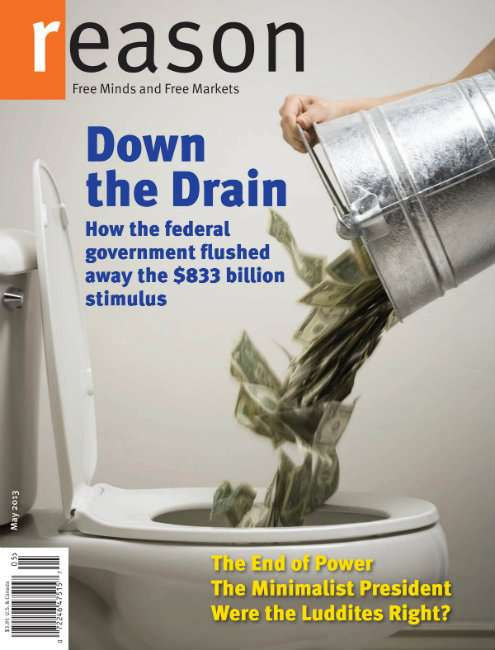Stimulus Spending Data Is About to Disappear
- OurStudio

- Sep 12, 2014
- 2 min read

reason
In January of 2009, just days after Barack Obama had assumed the presidency, he announced his intention to pass a massive fiscal stimulus within just a few weeks. He recognized some resistance on the part of the public to such an ambitious plan, and he understood it, he said, which is "why this recovery plan will include unprecedented measures that will allow the American people to hold my Administration accountable."
Among those measures would be a website to track the spending, open to all. "Every American will be able to see how and where we spend taxpayer dollars by going to a new website called recovery.gov," Obama said. "restoring transparency is not only the surest way to achieve results" but also the best way to earn back the public's lost trust in government."
All of this would be part of a newly invigorated effort "to root out waste, inefficiency, and unnecessary spending in our government."
After the passage of the stimulus, that website went live, and for the last several years, it has provided a valuable resource to journalists, policy analysts, critics, and supporters of the law. But now the data is about to disappear. Unless something changes, all of the relevant tracking information will disappear at the end of the month, because the government is dropping its contract with the company that manages and keeps the information. From The Washington Post:
The data will disappear because the government board that oversees the Web site and ensures the stimulus money is spent properly is not renewing its license with Dun & Bradstreet, a major U.S. financial firm that assigns an identification number to all entities doing business with the federal government. When the license expires at the end of this month, those identification numbers — and other associated data — will no longer be available to the government. No numbers, no way to track the money….Nancy DiPaolo, chief of congressional and intergovernmental affairs for the Recovery Accountability and Transparency Board, said that it was not fiscally prudent to renew the license and that the board would be forced to take down the recipient data. The cost to renew the license would be between $900,000 and $1.4 million.
Under the terms of its sole-source contract with the government, Dun & Bradstreet owns the actual data on the numbers used to identify and track contractors through the stimulus, according to the Post. "Once the contract ends, the information must be deleted from government databases."
On the surface, at least, this sounds like the federal government—and taxpayers—got taken by a contract intended to create long-term lock-in. As with so many of the stimulus dollars it tracked, it was money that was probably not well spent.




Comments